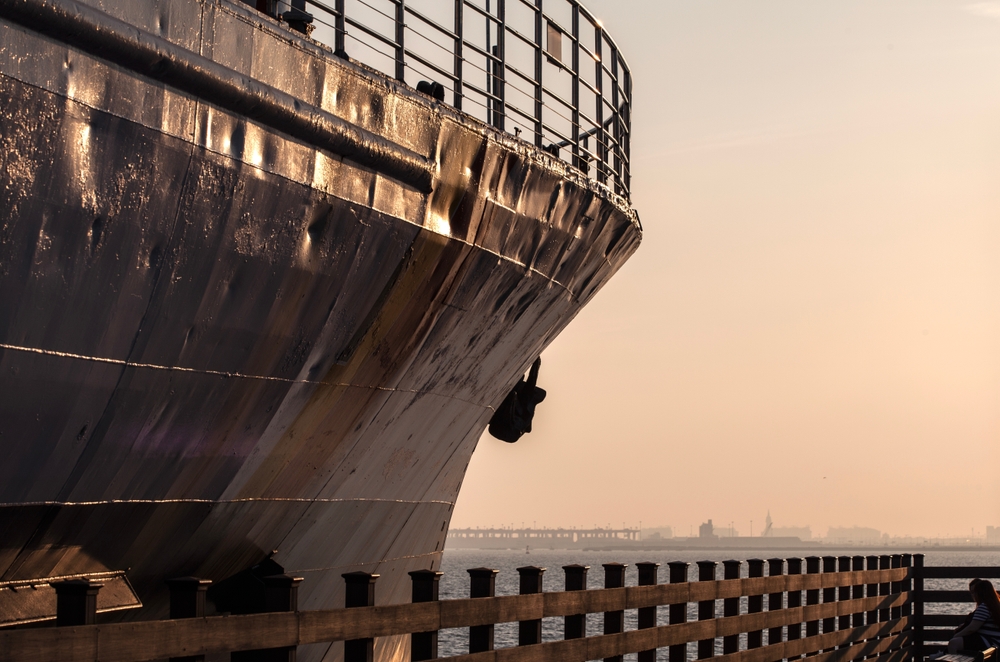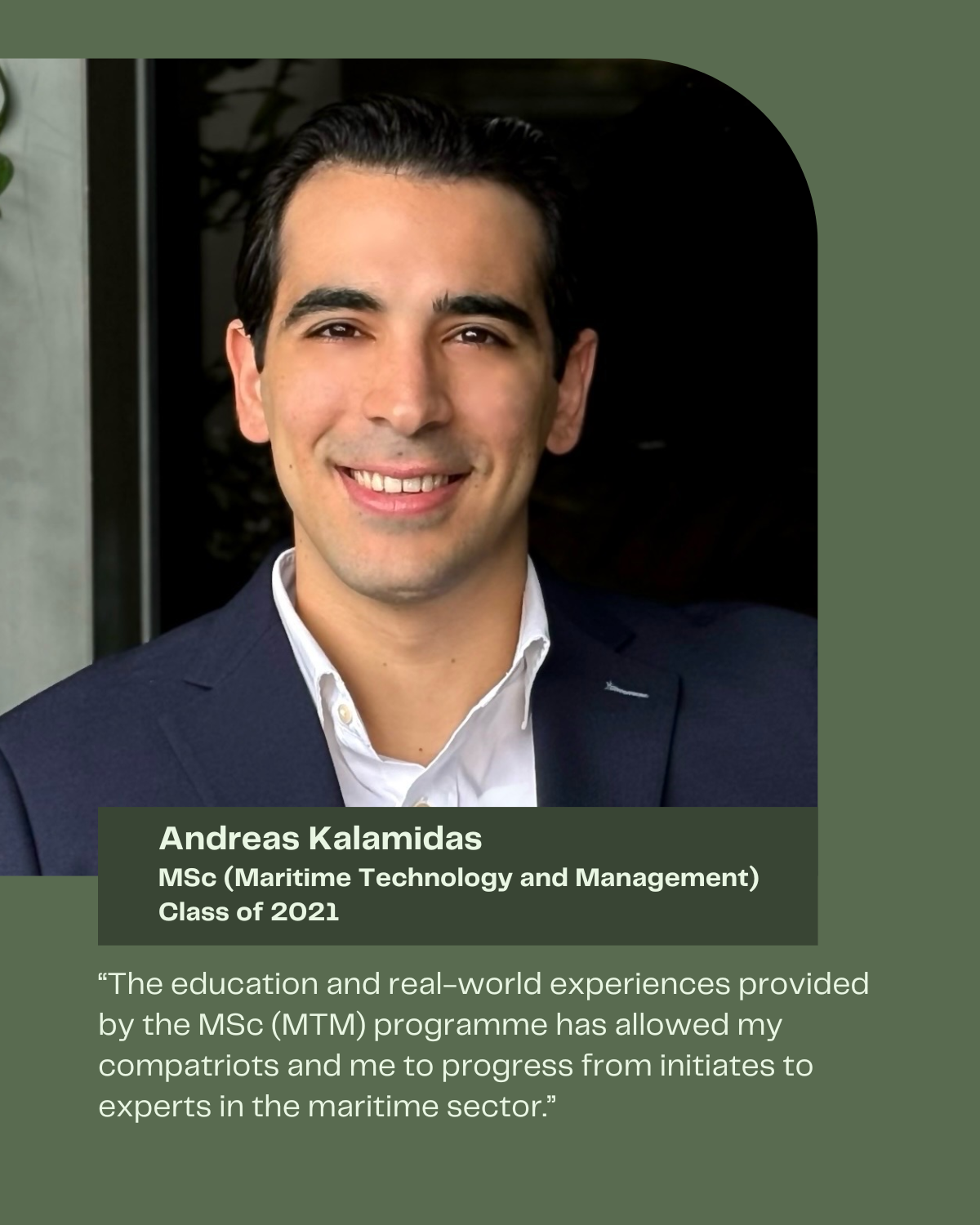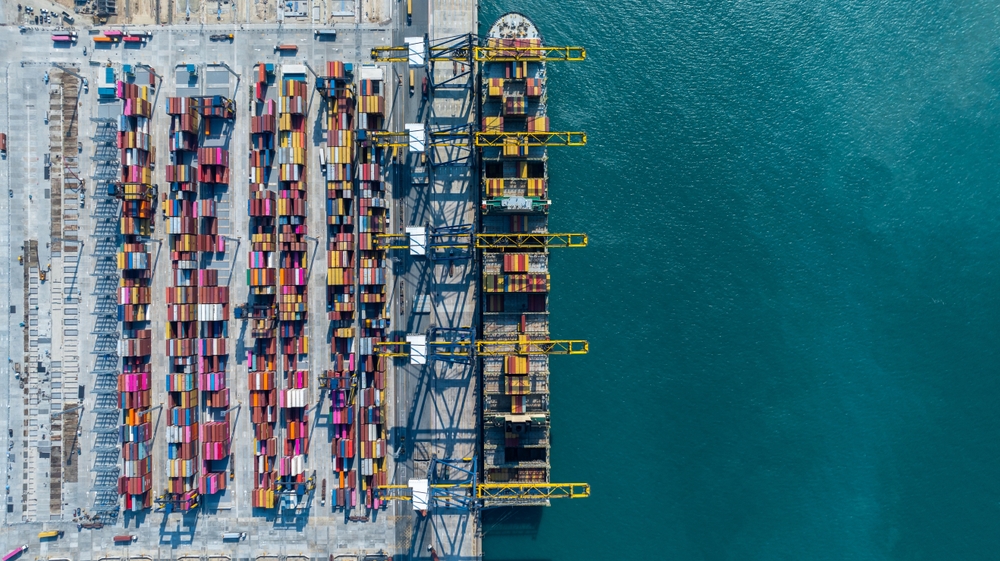
News & Stories
Latest News & Stories
In today’s fast-paced world, deciding among various career advancement options can be a daunting task. Given the myriad paths promising a way forward , the decision to spend an entire year or two pursuing a Master’s Degree can be a difficult one to make. After weighing his options carefully, Andreas Kalamidas found that the National University of Singapore (NUS) offered a programme that he felt was the best option to give his career the boost he sought: Master of Science (Maritime Technology and Management)—or MSc (MTM).
Setting a Point of Sail
Four years of working experience in the maritime sector had equipped Andreas with a good grasp of shipping finance as well as cargo planning, and he was ready to take his career to the next level.
To do that, he needed to expand his knowledge, sharpen his expertise, and widen his career prospects. He was also keenly aware of the transformations that the maritime sector was going through. Decarbonisation, new shipping sustainability regulations, digitalisation and green financing were all changing the face of the sector.

It was a challenge to figure out how he would be able to gain the wide array of skills and knowledge that would help him grow his career. After careful research and consideration, he made the decision to pursue a postgraduate degree, passing by the more traditional Master of Business Administration and other Master’s Degrees to settle on the MSc (MTM) programme at NUS.
Getting a Top-Notch Education at an International Maritime Hub
“The programme checked off many boxes I was looking for in a Master’s Degree programme,” Andreas shared. Having done his undergraduate studies and worked in Greece, he felt Singapore’s stature as an international maritime metropolis was a major draw. “Studying Maritime in Singapore was a unique experience, as I got to meet and learn from people that are in the heart of a maritime hub,” he explained.

Despite being halfway around the world, NUS’ ranking among the top universities in the world gave Andreas confidence that the MSc (MTM) programme would not only be well-structured, but would also equip him with a future-proof education. Furthermore, his review of the programme’s course structure showed that fundamentals in freight, port operations and ship management, as well as lessons on existing and future challenges and opportunities in maritime were part of the curriculum.
Singapore’s status as an international port and NUS’ academic reputation combined to form an irresistible draw for Andreas, as it would provide him with the perfect platform to catapult his maritime career to new heights.
Weighing Anchors and Hoisting Sails
Andreas found the MSc (MTM) programme vastly different from his undergraduate studies, and positively so.
For example, industry leaders were invited to deliver guest lectures and provide workplace insights to students. It was inspiring for Andreas to see professionals from different positions of seniority across a range of areas within the industry speak about the sector. “I could see their passion for shipping through these lectures,” he shared.

Another thing about the programme that stood out to Andreas was the MTM5004 Maritime Data Analytics course. It made a great impression on him as he learned how (to his surprise) current maritime challenges could be tackled through the use of data analytics. This was telling of how the maritime sector was changing and evolving, highlighting the need for him to pursue upskilling to stay ahead of the curve. Despite his lack of prior experience in data analytics, he was able to pick up key skills and utilise them in generating reports and models for his course.
He also enjoyed the diversity in the students with whom he shared classes, which he felt was a very important characteristic of the MSc (MTM) programme. “We had students who held a wide range of roles in various parts of the maritime sector—port operations, ship brokers, classification organisations; they all contributed to my learning experience.” Andreas further noted: “Such a mix of career profiles is difficult to find in a single, traditional Master’s Degree programme.”
In addition to a valuable education, the MSc (MTM) offered Andreas the opportunity to take up an industrial attachment at a leading ship classification society.
Ready for the Voyage Ahead
After graduating in 2022, Andreas was offered a full-time position based in Singapore. Reflecting on what he had gained from the programme, he felt that it had help him achieve his aims of attaining personal and professional development as well as obtaining new opportunities. The MSc MTM programme helped enhance his soft skills too, as he observed improvements in his work ethic, discipline, time management and communication. In terms of professional development, it provided him with exposure to multiple areas within the maritime sector and the opportunity to specialise.
He foresees two key developments that will heavily influence the maritime sector in future. Data analytics will enable greater scrutiny and insights into various operations and procedures, allowing better solutions to be formulated to address various challenges within the sector. The pursuit of Energy Transition, to achieve decarbonisation targets set for 2030 and 2050, will also drive change and innovation. Equipped with skillsets in these two areas, MSc (MTM) graduates like Andreas and his peers are well-positioned to chart the future course of the maritime sector.

Andreas views existing and evolving challenges as opportunities to advance the sector as a whole. It helps him to build a mentally resilient mindset for success in the field. “The education and real-world experiences provided by the MSc (MTM) programme has allowed my compatriots and me to progress from initiates to experts in the maritime sector.”
Videos

